Mastering Adaptability Skills: A Guide to Thrive in Today’s Dynamic Workplace
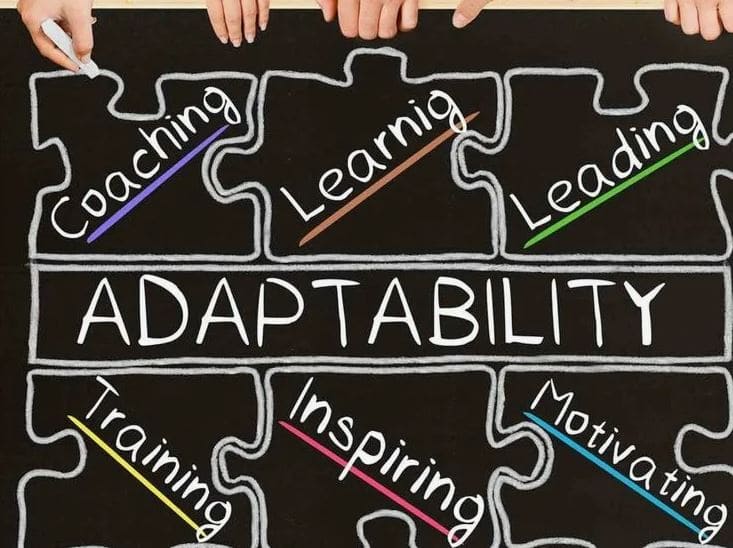

In today’s rapidly evolving professional landscape, adaptability is emerging as a critical skill set that individuals must cultivate. Whether it is adjusting to the latest technological advancements, responding to shifting market dynamics, or navigating through organizational restructuring, the capacity to be agile and resilient can significantly enhance one’s career prospects.
This article delves deep into the essence of adaptability, offering practical insights and examples, as well as exploring strategies for cultivating and evaluating these abilities. Furthermore, we draw parallels with the ancient game of Go, highlighting how adaptability plays a pivotal role in strategic thinking and problem-solving processes.
What are Adaptability Skills?
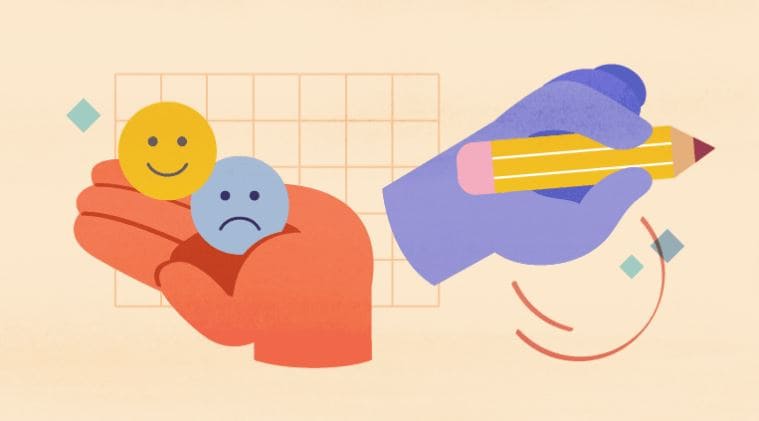
The concept of adaptability refers to one’s capacity to modify their approach, strategy, or behavior in response to novel situations or obstacles. These skills are indispensable for navigating the constantly evolving professional landscape and encompass a wide range of abilities:
- Flexibility: Being open to new ideas and changes.
- Resilience: Bouncing back from setbacks.
- Problem-solving: Finding solutions in unexpected circumstances.
- Learning agility: Quickly picking up new skills or knowledge.
Examples of Adaptable Skills
To better understand adaptability skills, let’s look at some concrete examples:
- Flexibility in Roles: Taking on different responsibilities when a team member is absent.
- Embracing Technology: Learning new software to streamline work processes.
- Resilient Mindset: Staying positive and productive after receiving constructive criticism.
- Creative Problem-Solving: Finding innovative solutions when standard approaches fail.
Adaptability is a crucial skill in today’s workplace, as it helps employees manage change effectively and contribute to organizational success. A survey by LinkedIn found that 60% of hiring managers consider adaptability to be a top skill, while a study by the Harvard Business Review revealed that companies with more adaptable employees are 52% more likely to thrive during periods of industry disruption.
Adaptability benefits not only the individual but also the organization as a whole, as it fosters a culture that is better equipped to respond to change and challenge. This, in turn, enhances organizational performance and contributes to long-term success.
Adaptive Behavior Skills
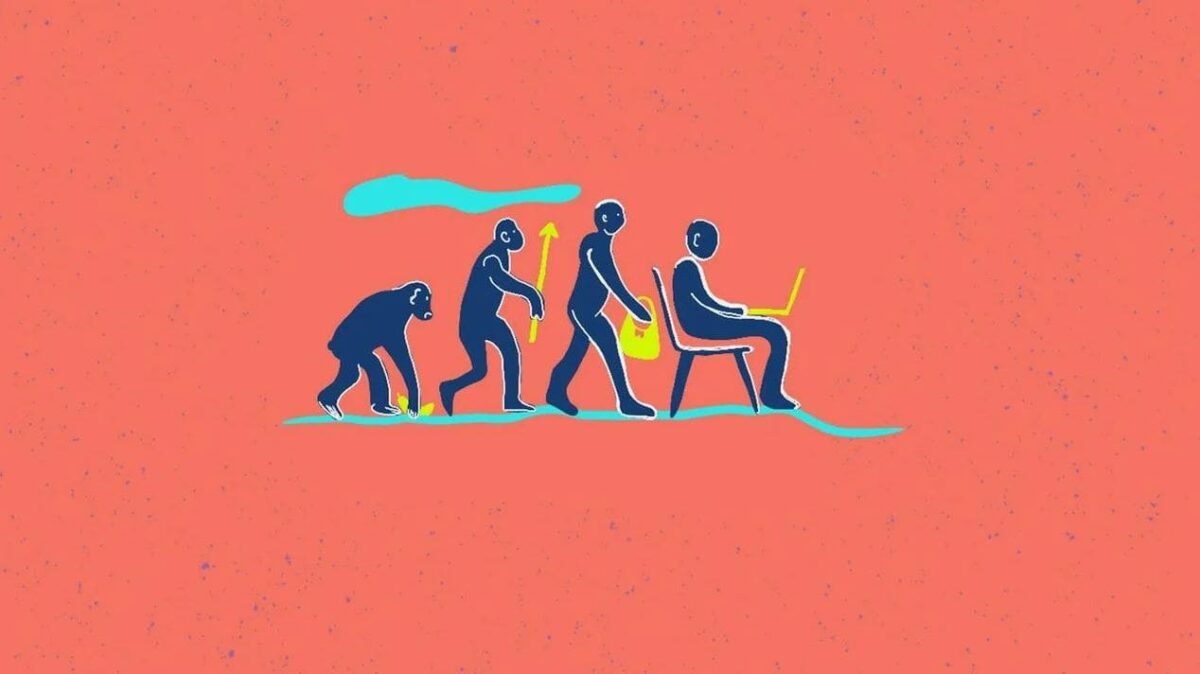
Adaptive behavioural skills encompass the capacity to modify one’s actions in response to novel or evolving circumstances. This may involve adjusting communication styles to suit diverse audiences or reconfiguring workflows to accommodate new project requirements. The manifestation of adaptive behaviour in the workplace fosters enhanced teamwork, heightened productivity, and an increase in job satisfaction.
A study conducted by Cleverly revealed that a remarkable 91% of employers deem adaptability to be a critical soft skill for their employees.
Assessing Your Adaptability
Assessing adaptability can help identify areas for improvement. Here are a few methods:
- Self-Assessment: Reflect on past experiences where you had to adapt. What worked well? What could you improve?
- Feedback: Seek feedback from colleagues or supervisors on how well you handle change.
- Behavioral Assessments: Use tools like the Adaptive Behavior Assessment System (ABAS) to measure adaptability in various scenarios.
According to Indeed, adaptability is considered a crucial attribute by 60% of hiring managers when evaluating candidates. The research conducted by BetterUps reveals that adaptable employees are 24% more likely to receive promotions. Furthermore, Zippia emphasizes that companies with adaptive employees are 52% more likely to succeed during market fluctuations. By actively assessing and cultivating your adaptive skills, you not only enhance your career opportunities but also contribute to the resilience and agility of your organization.
Developing Adaptability Skills
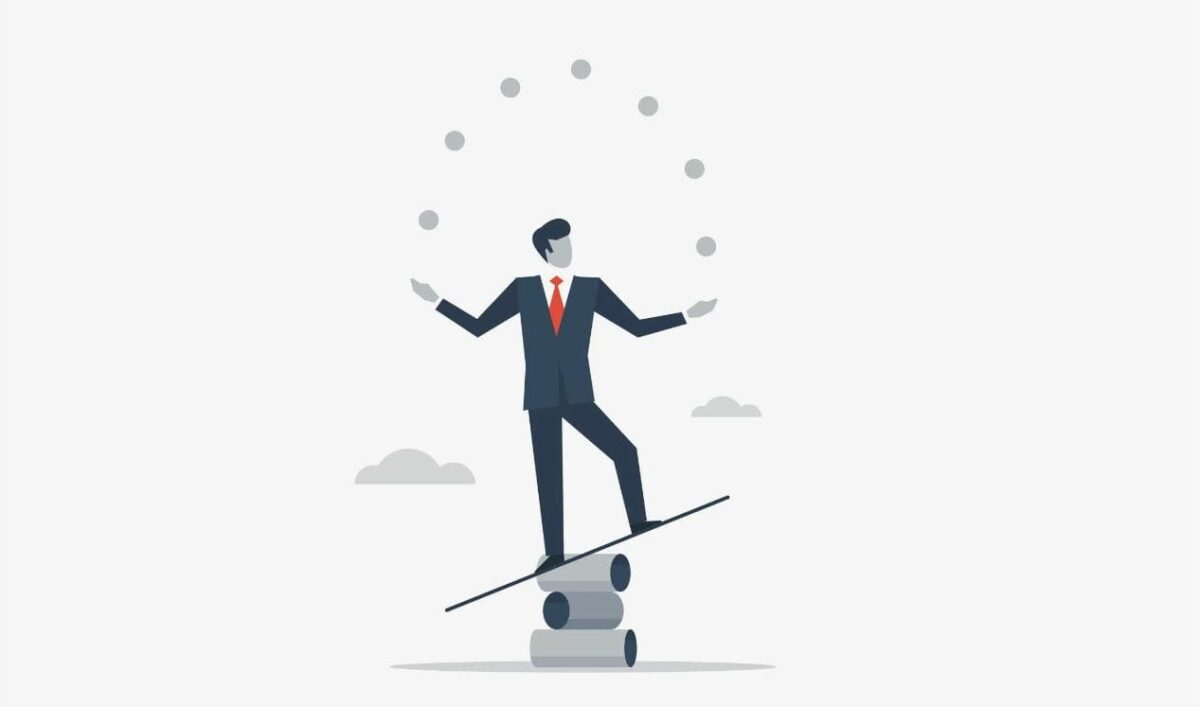
Improving your adaptability skills requires conscious effort and practice. Here are some strategies:
- Embrace Continuous Learning: It is important for employees to stay informed about industry trends and new technologies in order to be successful in their roles. According to a recent report by Asana, those who engage in ongoing learning are 24% more likely to quickly adapt to changes in their work.
- Seek Challenges: It is recommended that employees step out of their comfort zone and take on new and diverse tasks. According to Indeed, employees who regularly seek out new challenges are 30% more likely to exhibit high adaptability in the workplace.
- Cultivate a Growth Mindset: Consider challenges as opportunities for growth rather than threats. According to BetterUp, individuals with a growth mindset are 34% more likely to positively and effectively embrace change.
- Practice Mindfulness: Develop emotional resilience by incorporating mindfulness and stress management strategies into your daily routine. Research conducted at Yale has found that employees who regularly practice mindfulness techniques are better prepared to manage workplace stressors and are 20% more adaptable to unexpected changes in the workplace.
Table: Strategies for Developing Adaptability Skills
| Strategy | Benefit |
| Embrace Continuous Learning | 24% more likely to adapt quickly to changes (Asana) |
| Seek Challenges | 30% more likely to demonstrate high adaptability (Indeed) |
| Cultivate a Growth Mindset | 34% more likely to embrace change positively (BetterUp) |
| Practice Mindfulness | 20% more likely to handle workplace stress and adapt to changes (Yale) |
According to Robert Half, 91% of hiring managers place a high value on adaptability when assessing candidates. Companies such as Zippy emphasize that adaptable employees make a significant contribution to an organization’s success, increasing their likelihood of thriving during market fluctuations by 52%.
By implementing these strategies, one can significantly enhance their adaptability, making them more resilient and versatile in their professional lives. This proactive approach not only contributes to personal growth but also enhances career prospects, allowing individuals to navigate the intricate challenges of the modern workplace with greater ease.
The Role of Adaptability in the Game of Go

The game of Go, also known as Baduk or Weiqi, is an excellent metaphor for adaptability. In Go, players must continuously adapt their strategies based on the moves of their opponents. Here are some lessons from Go that apply to adaptability in the workplace:
- Flexibility: As a player in the game of Go must be adaptable with their strategies, so too must employees be open to modifying their approaches based on new data. Adaptability in the workplace can result in innovative solutions and enhanced processes. According to a study by Clevry, 91% of employers prioritize adaptability as a key soft skill.
- Resilience: Go teaches resilience, as players often face and overcome significant setbacks. This ability to bounce back is crucial in the workplace, where challenges and setbacks are inevitable. Research by BetterUp has shown that resilient employees are 34% more likely to succeed under pressure..
- Strategic Thinking: The game improves problem-solving abilities, as players need to anticipate and counter the moves of their opponents. Strategic thinking at work helps employees navigate challenging situations and make well-informed decisions. A study conducted by Zippy revealed that companies with individuals who possess strategic thinking are 52% more likely to be successful in adapting to market fluctuations.
For those interested in learning more about the game of Go and improving their adaptability skills through its lessons, the GoMagic website offers a wealth of resources. You can learn the rules of Go here. To solve problems and increase your level of play, visit this page. Additionally, GoMagic provides video courses with interactive elements for players of all levels, which you can explore here.
By incorporating the tenets of Go into your professional pursuits, you can augment your adaptability, rendering you more robust, supple, and astute in the face of professional adversities.
The ability to adapt is an essential skill in today’s ever-changing work landscape. By cultivating and honing this skill, one can navigate obstacles more efficiently and seize emerging opportunities. Whether through introspection, seeking external input, or engaging in strategic games such as Go, there are numerous methods to enhance one’s adaptability and achieve success in their career.


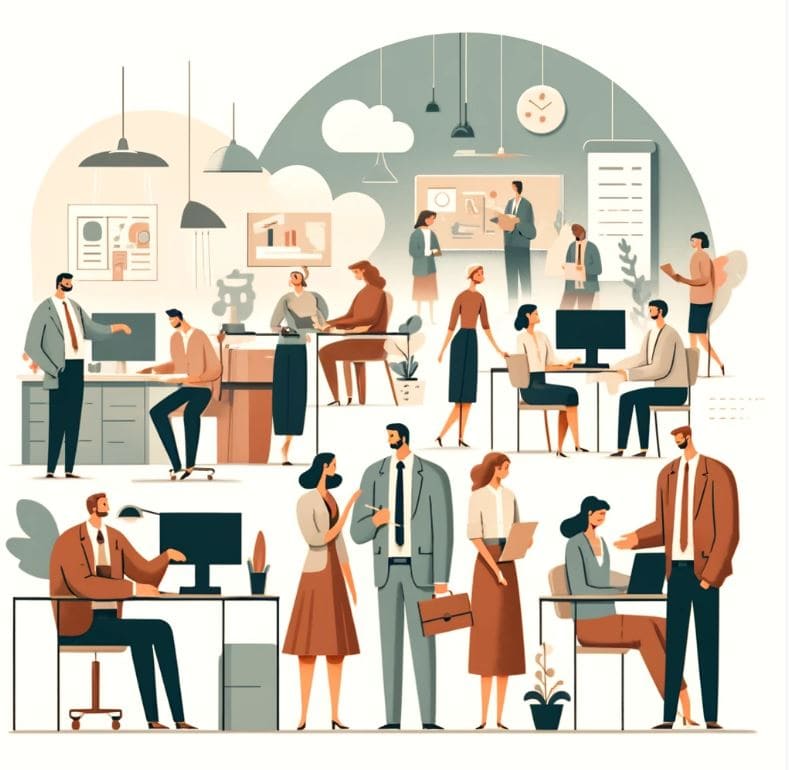

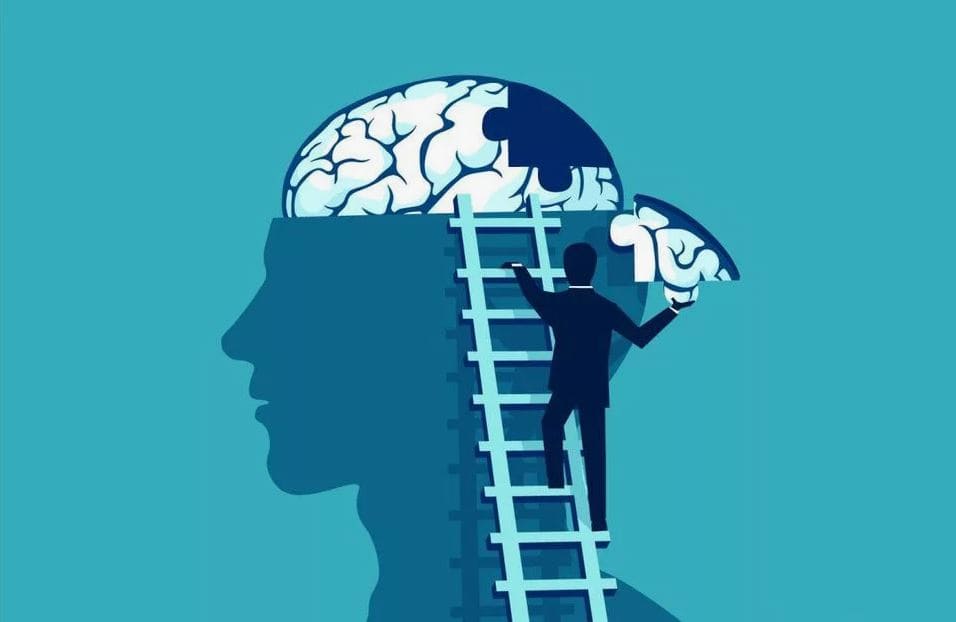
Оставить комментарий